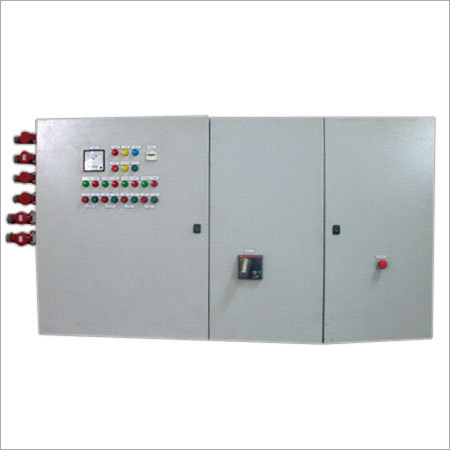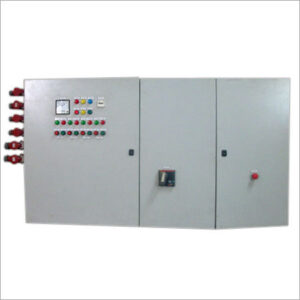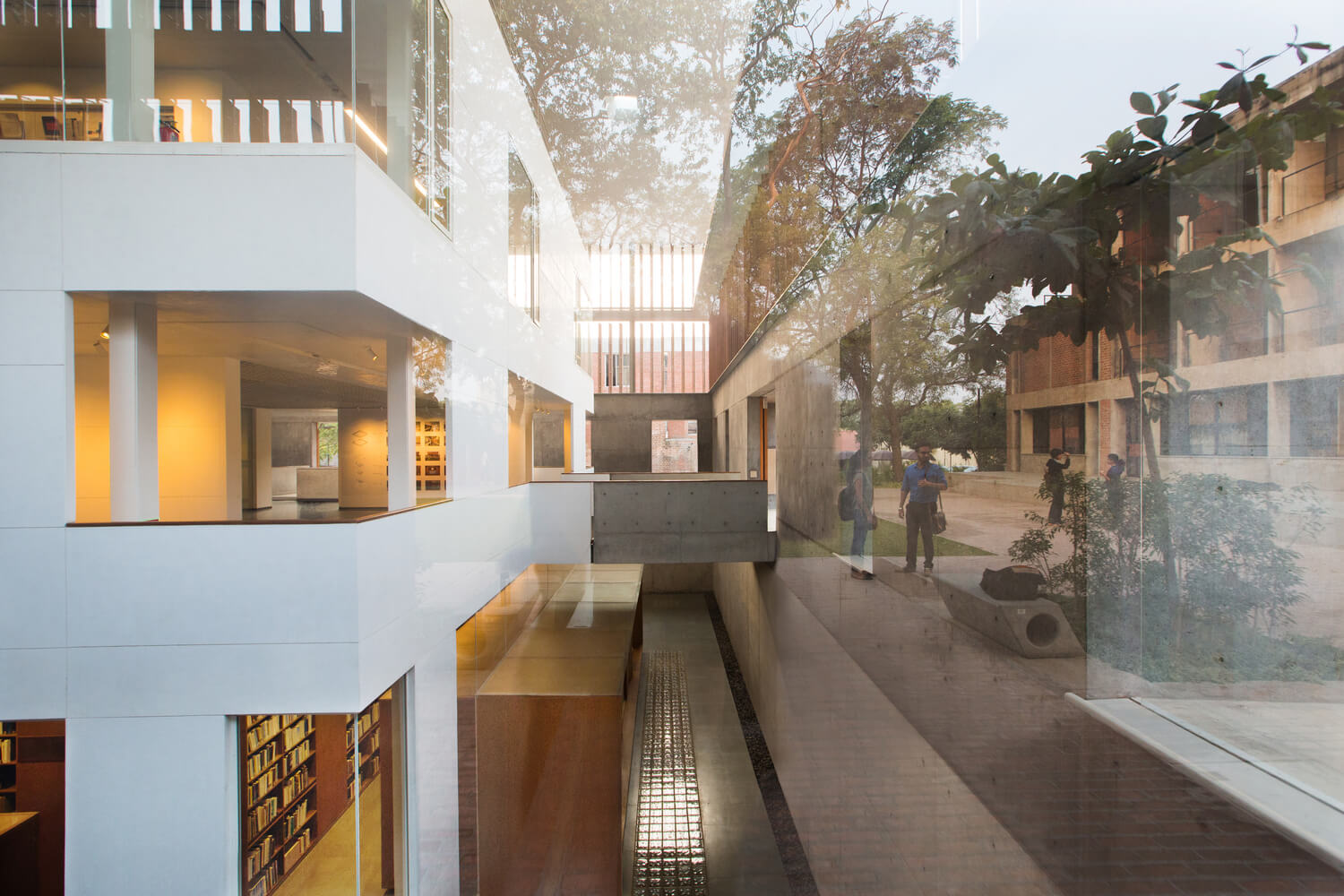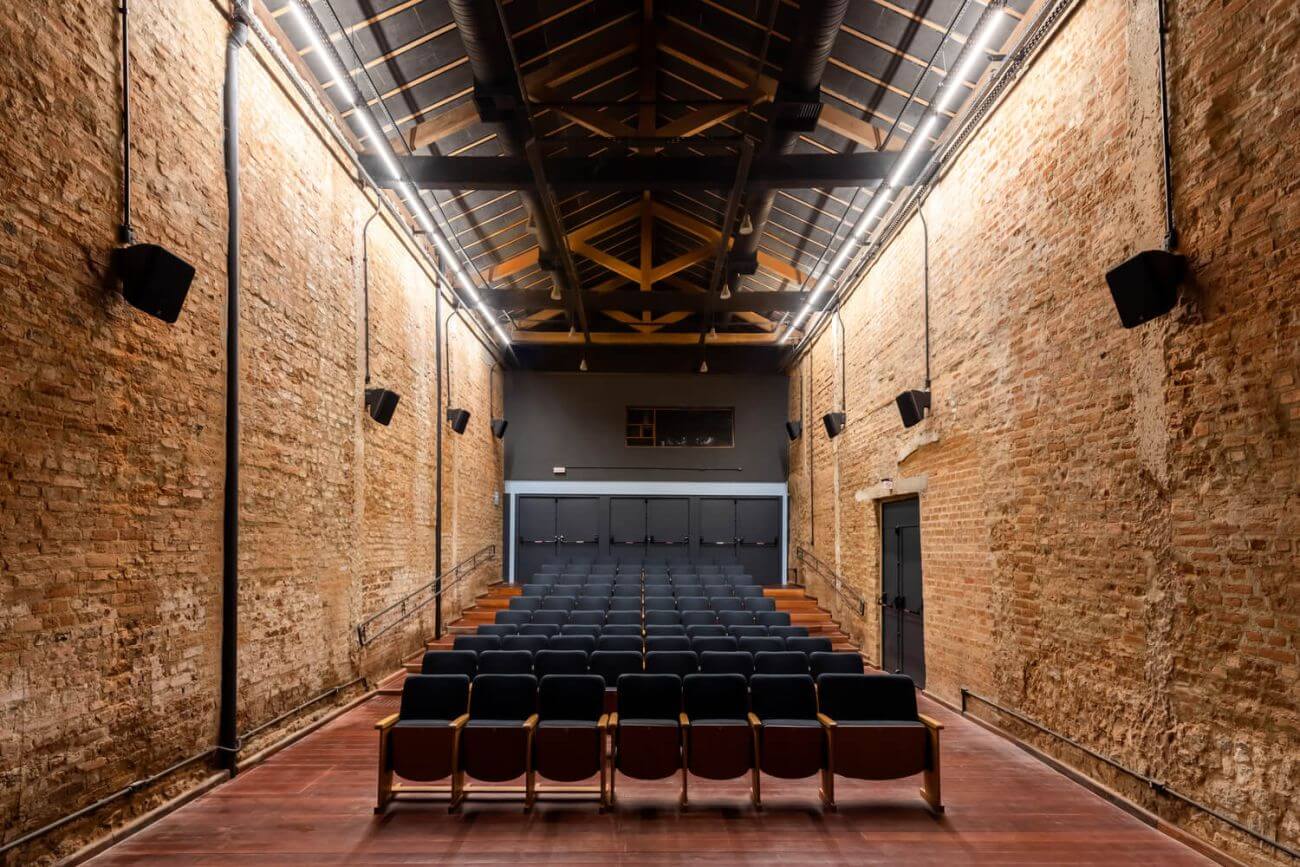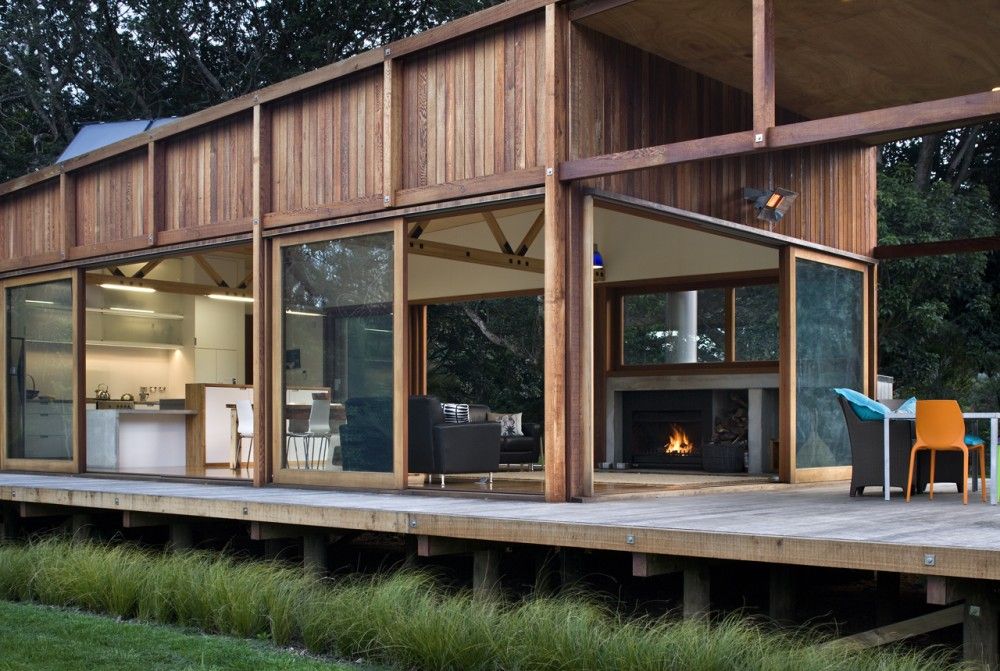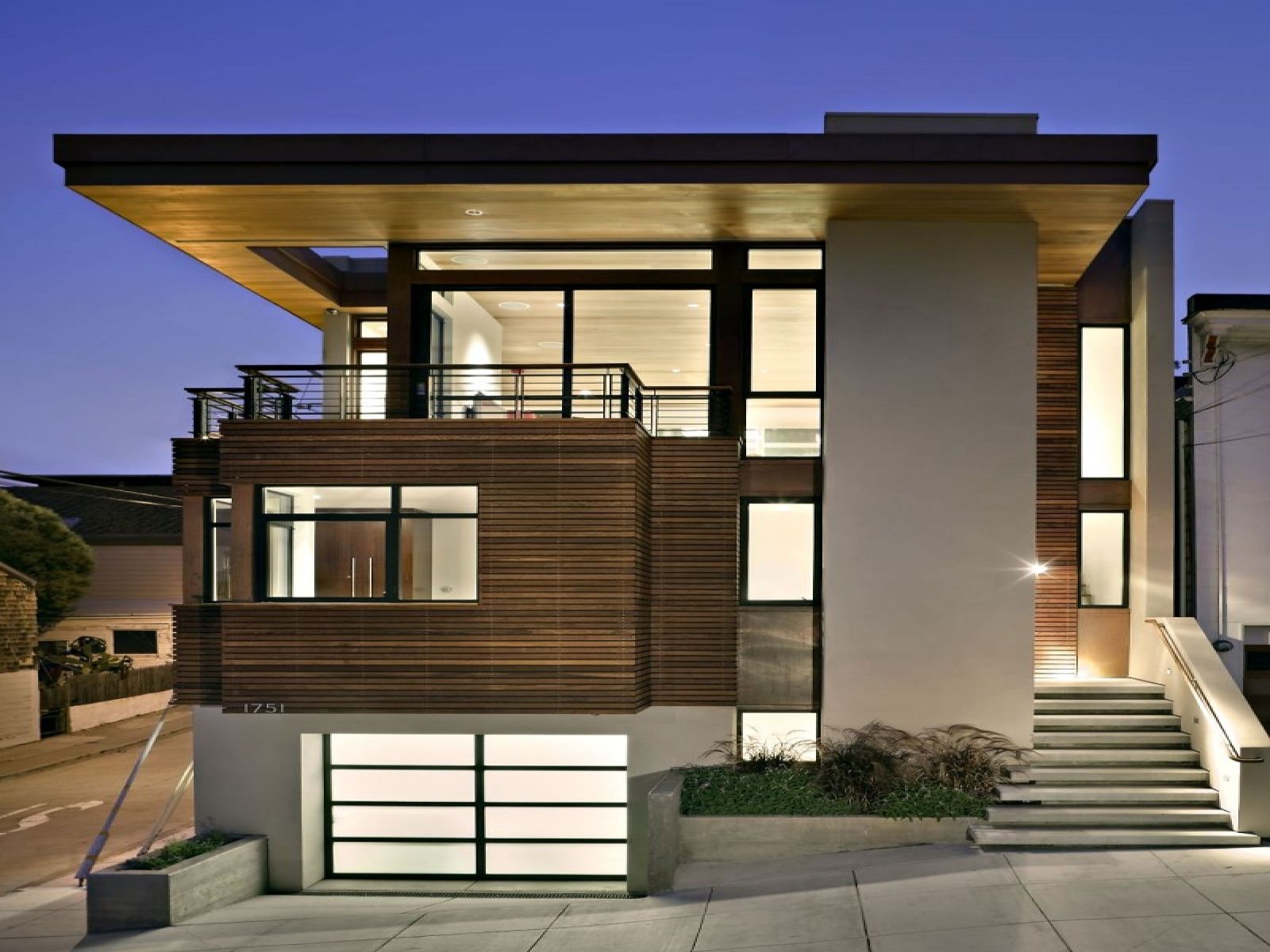What is an electrical control panel?
An electrical control panel is an enclosure, typically a metal box or plastic moulding which contains important electrical components that control and monitor a number of mechanical processes. They are energised systems that require maintenance, with planned preventative maintenance and condition-based monitoring being the most effective methods. Electrical personnel will need to gain access within control panels for fault finding, adjustments, and electrical safety testing. Operators will interact with the controls of the panel to operate and control the plant and process. Components within the control panel will facilitate many tasks, for example, they may monitor pressure or flow within a pipe and signal to open or close a valve. They are commonplace and integral to most industries. Problems with them, including neglect, can cause havoc to any business operation and endanger employees. This makes the safe operation of panels a desirable skill for both electrical and non-electrical workers.
Different types of panels
Control panels come in many shapes and sizes. They range from a small box on a wall through to long rows of cabinets located in dedicated plant areas. Some controls are located in a control room, under the supervision of a small team of production co-ordinators whilst others are placed close to machinery and are under the control of certain production operatives. Another form of control panel, common in the UK, is the Motor Control Centre or MCC, which includes all of the motor starting and control equipment to drive heavy plant, and which may, in certain circumstances include high voltage supplies such as 3.3 kV and 11 kV.

